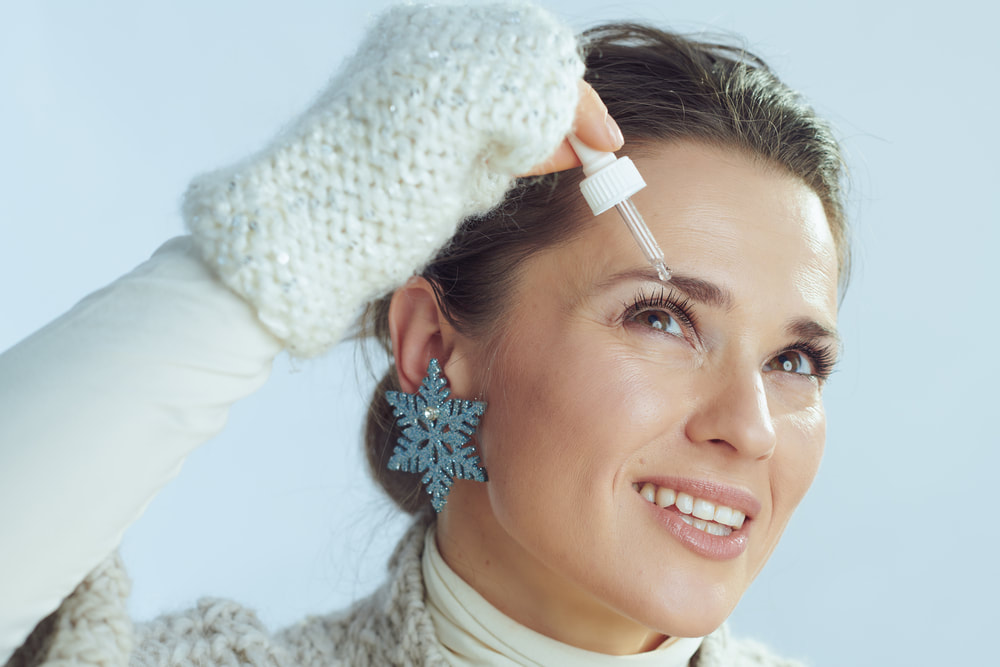How can cold weather affect the eyes?Although it may vary, some of the issues below may be facilitated by the cold weather. Excess tearingExcess tearing can develop due to the cold air and windy weather. What can happen is the cold air leads to increased evaporation of your tears. This causes your eyes to have only a thin cushion of tears. Since tears help protect the eye, the lacrimal gland is triggered and increases tear production. What you can do: If the colder air increases your tears, wearing sunglasses during the day may help. If you participate in winter sports, wear eye goggles. Increased dry eyesSome people have an increase in dry eyes during the colder months. Research published in the journal Ophthalmology found that dry eye syndrome was diagnosed more often during the winter and spring than at other times of the year. The cold weather can increase dryness. There is often less humidity in the winter, which also contributes to dryness. When you add in sitting in front of a fireplace or having a heater blowing air near your face, it can dry out the eyes further. What you can do: If you have dry eyes, try to avoid air directed from a heater or hair dryer towards your eyes. Use lubricating eye drops to add moisture to your eyes. It might also help to use a humidifier inside to add a little moisture to the air. Blurry visionIf temperatures drop too low, it can possibly lead to blurry vision. Extremely cold temps constrict blood vessels in different parts of the body. If blood flow to the eyes becomes constricted, it can affect vision and lead to blurry vision. What you can do: There is not much you can do to control the temperature outside, but you might be able to limit time spent outdoors when it is freezing outside. Eye infectionsEye infections can occur any time of the year, but when more people gather inside, it might be easier to spread germs that can cause an eye infection. Eye infections can occur due to a virus, bacteria, or fungal infection. Common infections, such as a cold or the flu, can also inflame the conjunctiva in the eye and lead to an eye infection.
What you can do: Practice infection control habits, such as frequent handwashing, avoiding touching your eyes, and staying away from people that are sick. Also, talk to your doctor about whether you should get a flu shot. If you have any questions on winter eye health or have problems with dry eyes, we are happy to help. Also, if you would like to ask whether an appointment with one of our eye doctors would be appropriate at this time, call our office at 508-746-8600. Comments are closed.
|
EYE HEALTH BLOGCategories
All
Archives
July 2024
|
|
Kadrmas Eye Care New England
55 Commerce Way, Plymouth, MA 02360
14 Tobey Road, Wareham, MA 02571 133 Falmouth Road (Rt 28), Mashpee, MA 02649 |
Phone Number:
1-508-746-8600 Hours: Monday through Friday — 8 AM – 4:30 PM |


 RSS Feed
RSS Feed
